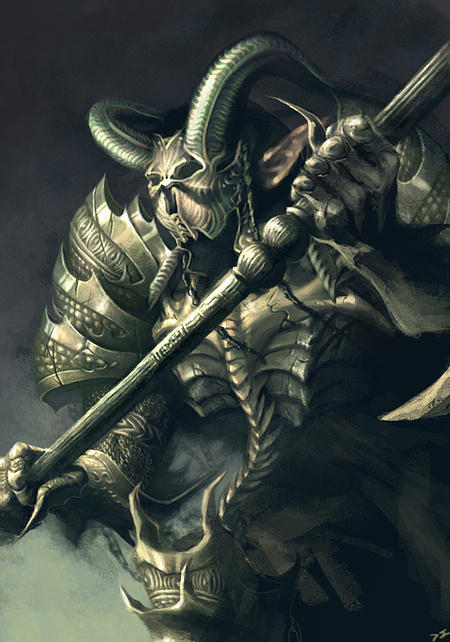Beware: Do Not Read This Poem
by Ishmael Reed
tonite, thriller was
abt an ol woman, so vain she
surrounded her self w/
many mirrors
It got so bad that finally she
locked herself indoors & her
whole life became the
mirrors
one day the villagers broke
into her house, but she was too
swift for them. she disappeared
into a mirror
each tenant who bought the house
after that lost a loved one to
the ol woman in the mirror:
first a little girl
then a young woman
then the young woman/s husband
the hunger of this poem is legendary
it has taken in many victims
back off from this poem
it has drawn in yr feet
back off from this poem
it has drawn in yr legs
back off from this poem
it is a greedy mirror
you are into this poem. from
the waist down
nobody can hear you can they?
this poem has had you up to here
belch
this poem aint got no manners
you cant call out frm this poem
relax now & go w/ this poem
move & roll on to this poem
do not resist this poem
this poem has yr eyes
this poem has his head
this poem has his arms
this poem has his fingers
this poem has his fingertips
this poem is the reader & the
reader this poem
statistic: the us bureau of missing persons reports
that in 1968 over 100,000 people disappeared
leaving no solid clues
nor trace only
a space in the lives of their friends





.jpg)










+(1).jpg)


